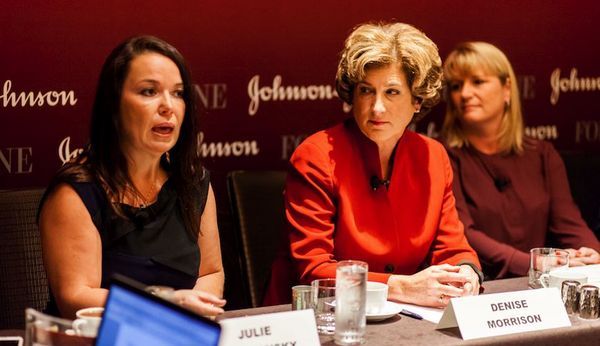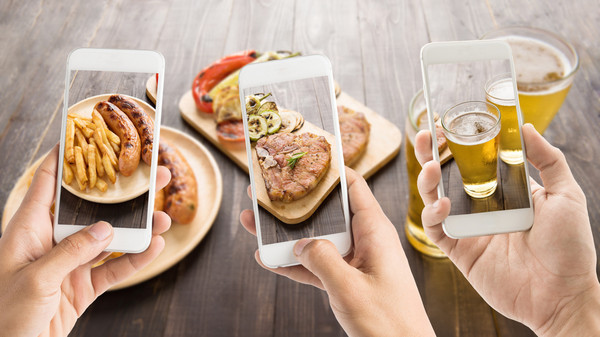18 Billion. This is the amount lost by the leading food companies in the United States over the past 5 years. Why? Because of the largest generation ever existed to date: the Millennials.

This was the summary of the summit of the Fortune magazine "Most Powerful Woman", which was held on October 6. Julie Smolyansky, CEO of Lifeway Foods said: “Millennials are driving a disruption in the food industry. I think we’ll see the food industry turned on its head.”
On average, this segment spends about $600 billion a year, and, according to expert forecasts, spending is set to rise to 1.4 trillion in the next six years. These figures give an idea of the importance of a segment that is slowly becoming the new workforce in the United States of America, and that presents habits, behaviors and ideologies that are completely different than the ones of previous generation, the so-called Baby Boomers.
Millennials use smartphones to buy and search for information on the food they buy, which allow them to make smarter choices and well balanced decisions. The continuous search for quality ingredients in the products they buy, where they come from, the sustainability of the packaging and the environmental commitment of companies in the supply chain, is pushing major food companies to acquire niche food producers and new small brands.
In a recent publication, Ken Hughes, an expert on theories of behavior and consumption, explains how Millennials are much less tied to traditional brands and, on the other hand, want to have unique and unparalleled products.
Also present at Expo Milano, the expert said how the food industry is about five or six years behind the current trends, but, as happened in the hospitality industry after Airbnb, and transportation after Uber, even the food industry will undergo a drastic transformation.

So what is the next big thing? Expect even further fragmentation in the food industry. Health is being redefined—it’s not about fat and calories anymore. It’s about supplementing your diet and not making cuts.
“Low-fat was big a few years ago, and that’s gone away now,” said Tracy Massey, president of Mars Chocolate North America. “We need to make sure we label our products and be very transparent about what’s in them. You can’t dictate what people eat, but you can make sure they’re very clear on what they’re putting into their bodies.”

 (+1) 718-5225575
(+1) 718-5225575

